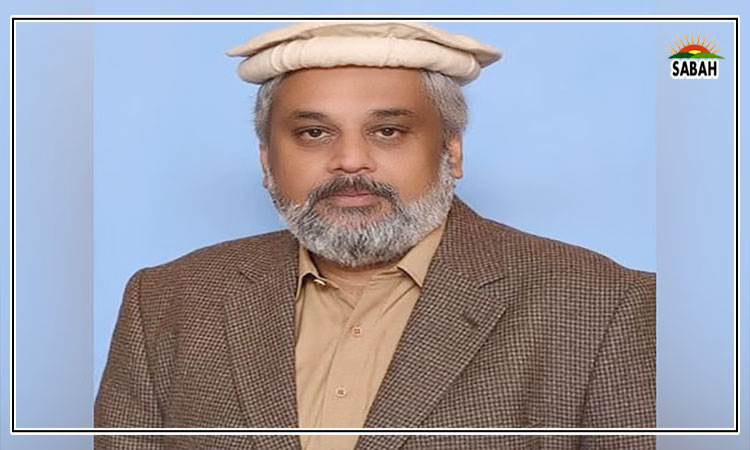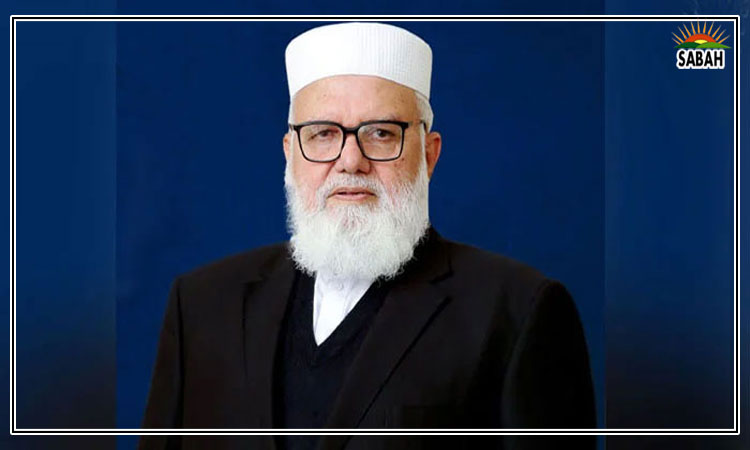BISP & Ministry of Overseas Pakistanis partner to provide certified skill training, boosting global employment prospects for BISP beneficiaries
ISLAMABAD, August 07 (SABAH): The Benazir Income Support Programme (BISP) and the Ministry of Overseas Pakistanis & Human Resource Development have agreed to collaborate on initiating steps to provide quality skill training to BISP beneficiaries. This initiative aims to empower beneficiaries and their families by equipping them with internationally recognized certifications and enhancing their employment prospects both locally and abroad.
In a meeting held on Wednesday at the office of Chaudhry Salik Hussain, Federal Minister for Overseas Pakistanis & Human Resource Development, Senator Rubina Khalid, Chairperson of BISP, emphasized the need for high-quality training programs. She highlighted the focus on fields such as home care, hospitality, and receptionist roles, with a strong emphasis on basic work ethics.
“Providing quality training to BISP beneficiaries and their family members is crucial. We are focusing on areas with high demand and potential for international employment. Obtaining international certifications will open doors for our trainees, enabling them to secure jobs abroad and contribute to the country’s economy,” stated Senator Rubina Khalid.
Chaudhry Salik Hussain expressed his support for the initiative, noting its potential to benefit entire families of beneficiaries. He stressed the importance of creating job opportunities for the underprivileged and suggested collaborations with countries like Japan and Germany to ensure the highest standards of training. “This initiative is not just about training individuals; it’s about uplifting whole families by providing them with the skills needed to secure better jobs. Partnering with internationally recognized training institutes will help us achieve this goal,” said Chaudhry Salik Hussain.
Both leaders agreed on the importance of their teams working closely together to develop a comprehensive program module. They will focus on demand-driven courses and technical support to ensure the quality of skilled manpower.












